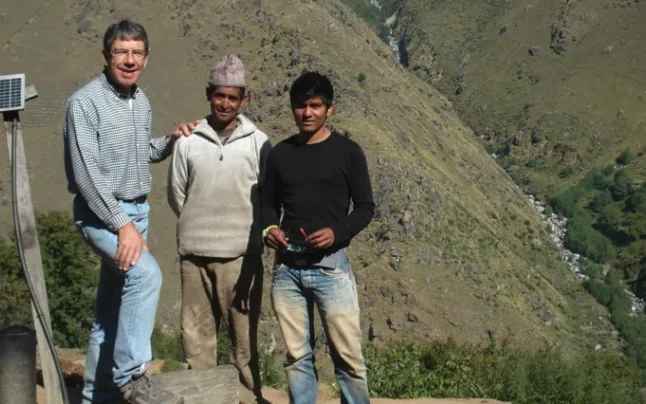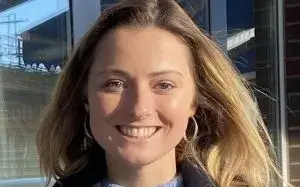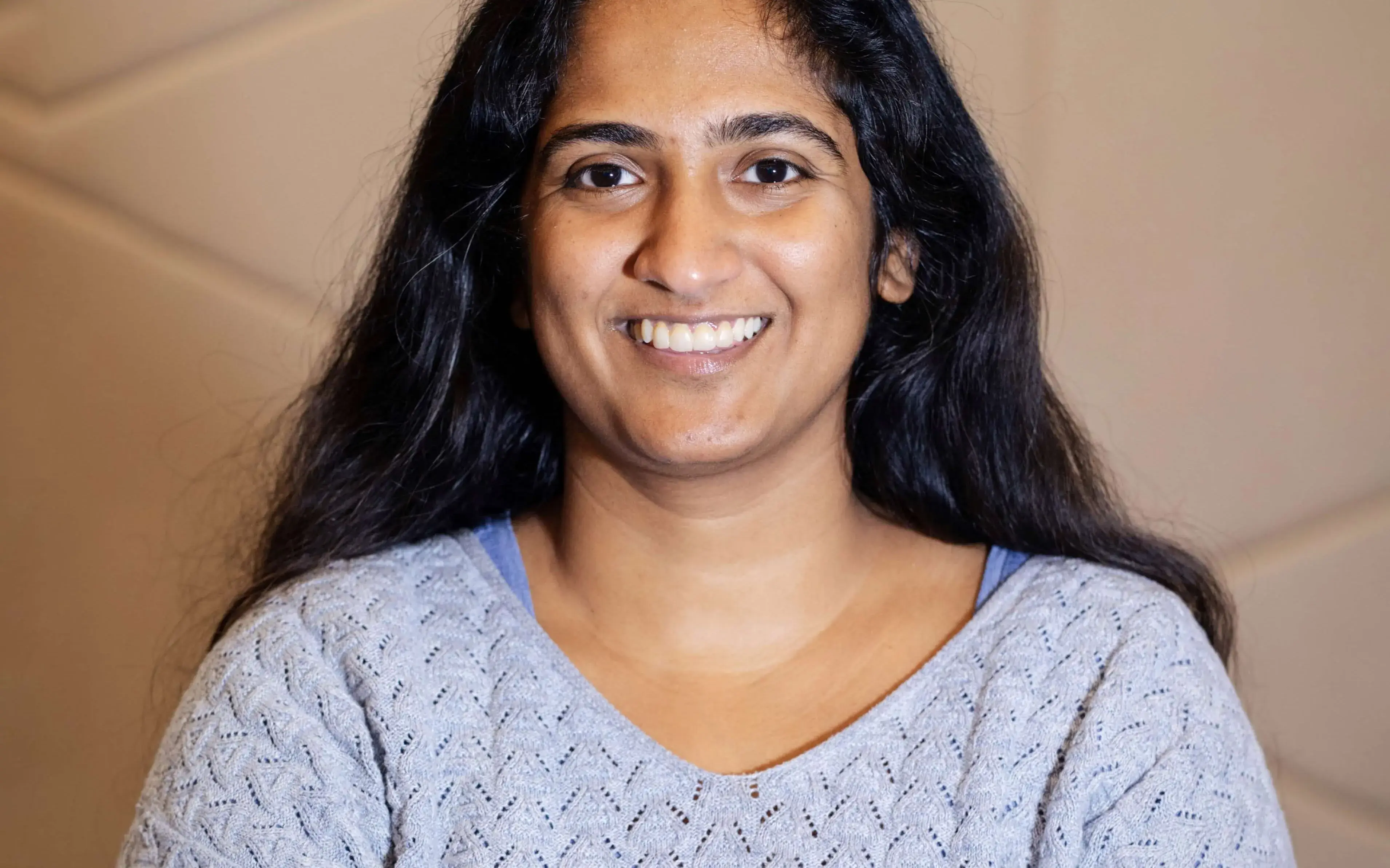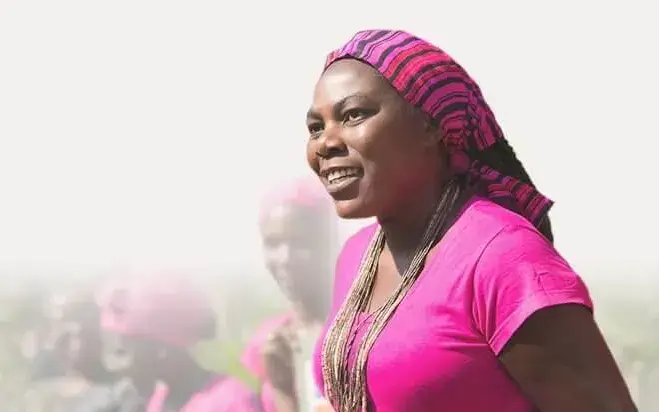Interview
Ramon Boix: "We adopt a child, he studies medicine and go back to Nepal to give people health"
Talking about Health Us Nepal, NGO from Girona, is talking about the origins of Marc Boix Bruguera. He lives in Nepal, in a place without communications. The speaker in this interview is the treasurer and adoptive father of Marc.
How is Health Us Nepal born and why?
The origin of Health Us Nepal comes from my adoptive son, Marc Boix, who was adopted at the age of 6 in Girona. He is from Nepali. Unlike other children in Nepal, who often do not know their origin, he had a pretty childhood, did not come from a neglected atmosphere or was orphaned or anything like that. In his case he had knowledge of his family and was very clever.
And how was it, then, its adoption?
The area in Nepal where he lived, Humla, in the far north west of the country, is in a region that is far from the Himalaya where there is no road. You arrive there by foot, after walking 5 days, or by plane. Once you enter the capital, Simikot, you have to walk 6 hours to reach the village of Marc, Takla. This isolation prevents the people from there from progressing. It is about 3,000 meters high and is an area with a very harsh climate in winter.
And what happened?
A local politician proposed that orphaned children or parents or mothers or fathers and mothers should go to the official orphanage in Kathmandu. Marc was mother's orphan and the father accepted this proposal thinking that his son would have more chances of prospering. The politician promised the father that his son would see once a year and told the orphanage that they were all parents orphans and hid families that these children could be adopted in other countries.
So it was a political deception?
Yes. The father did not see more his son but he could not complain because he had agreed to say that his son was an orphan of father and mother.
I guess you did not know about the situation either?
The boy told us that he had a father and we were surprised. When Marc was 18 years he wanted to go to see his family and met with the biological father. He had not seen since he was 6 years old.
And how did the situation evolve?
Since then, Marc, every summer returned to Nepal. At the same time, he studied Medicine and before beginning the Mir it made a longer stay of a year in Nepal. He spent two years at the Hospital Arnau de Vilanova in Lleida to do the Mir and in the summer of 2017 he said that he went to Nepal to meet the needs of the people there. We wanted him to help.
And from here comes the initiative of the NGO?
Yes. We adopt a child, he studies medicine, creates the NGO and returns to Nepal to build a hospital and bring health to the people there. He is the president, his friend of childhood is the secretary, I am the treasurer and his cousin is the vowel. In 2018 it began to work and now we are already 67 members.
What is the purpose of this NGO?
It is located in Simikot where we have a pharmacy and a dispensary. There the pharmacies sell medications as if they were sweets and there is no medical control, for example, of drugs that are prescribed or while people have to take antibiotics or if they are expired or in bad condition ....
And your pharmacy caters to the population of the area?
Many people have no money to pay for medication. Our NGO gives medicines to people who can not afford them and who can pay them for they pay. The role of our NGO is to pay for drugs. We try to recover 70% of the amount.
Apart from the pharmacy, what actions do you develop?
Marc was already attending people when he was studying medicine. Now, as a doctor, take care of people and prescribe the medications. We also have an assistant and a nurse. The NGO must cover the salaries of these two people, the possibility that my child may live there and the costs of medication.
How is the health status of the country or area?
It's a very poor area. We cover the needs of medications in the region. In this province there is only one public hospital with a single doctor. It is obvious that there is a lot of need. Resources, infrastructure, personnel are lacking ... In 2018 we spent about 18,000 euros in medication. We send money as there is demand.
And the state of health of the people?
In winter the population spends a lot of time under zero and people live with fire on the ground. There are typical illnesses that are the result of poverty: diarrhea, malnutrition, poor nutrition, lung diseases ... The population lives with a subsistence economy and feeds most of the time of rice and pulses.
Is the poorest area in Nepal?
Poverty in that area is the result of isolation. It must be on the plane or on foot. There's also a lot of corruption. For example, rice is distributed in coupons, like the old ration cards that were before here. Legal security is very precarious.
Let us evaluate this year's life of the NGO.
I would like to highlight two issues. The first is that the NGO is born from the determination of my son to know the origin of his childhood and the knowledge he has acquired after going to Nepal several times. He says he wants to be the one who helps and does not help him.
The second is that our NGO does direct action, it does not have complementary costs and has a clear motivation to provide health care for the people there and to train personnel in order to respond to the health needs of the population. The idea is to continue strengthening this goal.







Add new comment